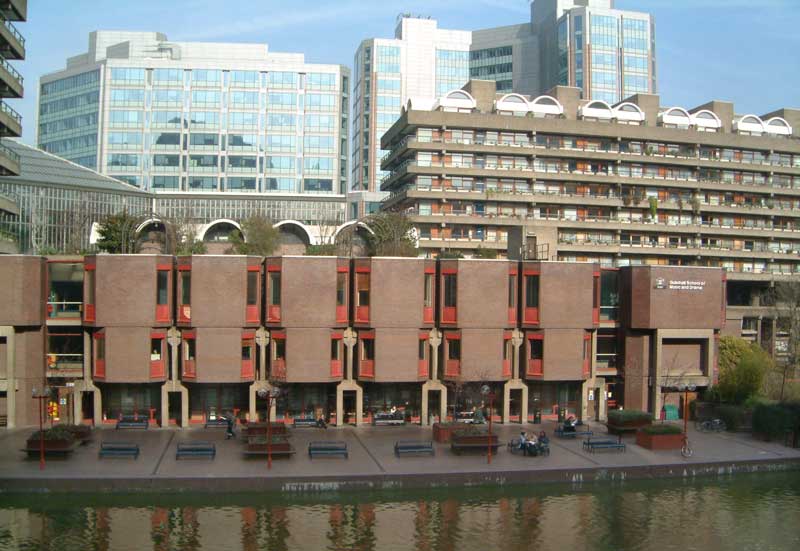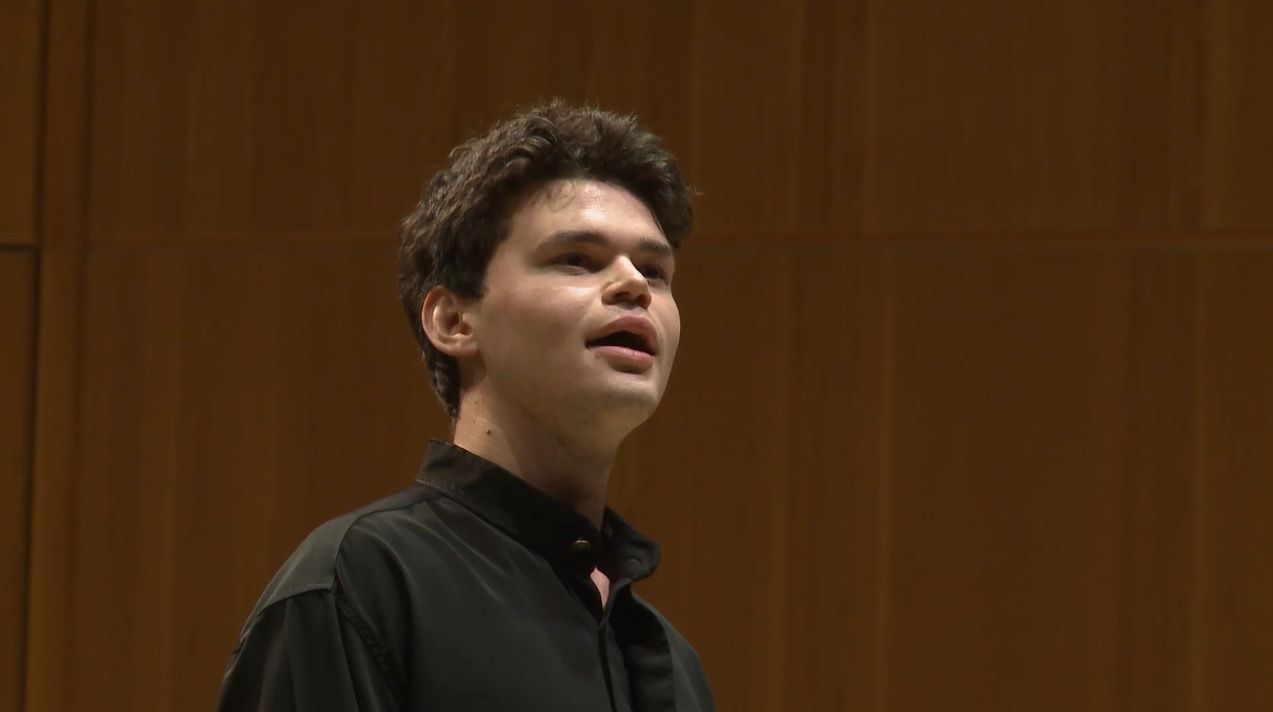Tag: Guildhall School of Music and Drama
-

Sign-up for UK Conservatoire 16 December conference ‘Strengthening Music in Society’
An opportunity for people working in higher education to respond to a major AEC report focussing on “Strengthening Music in Society” (2017-21).
-

Baritone Tom Mole wins Guildhall’s Gold Medal 2021
Tom Mole’s win is evidence of what we risk losing if higher education funding is cut.